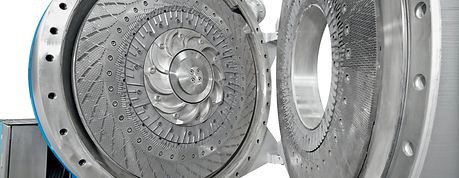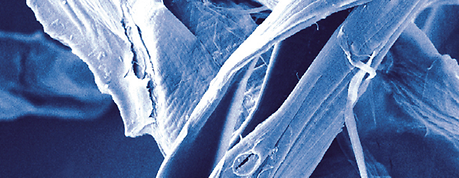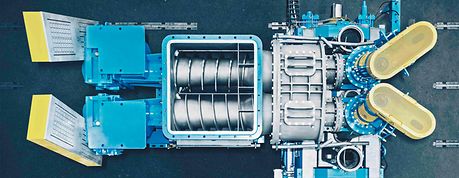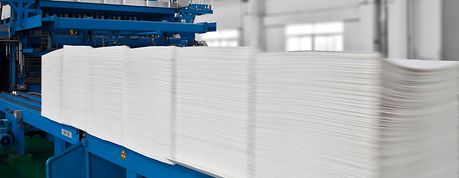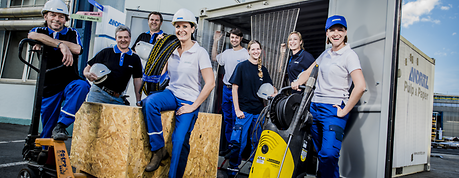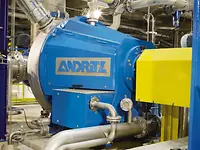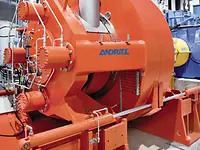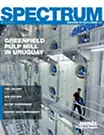P-RC APMP (Pre-conditioning Refiner Chemical Alkaline Peroxide Mechanical Pulp) - best fibers at minimum energy demand
The BCTMP process
Sophisticated ANDRITZ technologies: P-RC APMP and ATMP
The BCTMP (bleached chemi-thermomechanical pulp) process is a mechanical pulping technology which uses sodium sulfite for impregnation. ANDRITZ has developed new and improved technologies which are superior to the conventional BCTMP process.
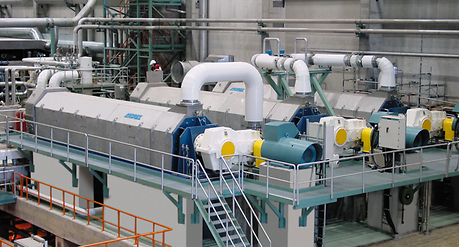

The BCTMP technology is used for both softwood and hardwood prior to the first refining stage. The fibers are bleached in a conventional peroxide bleach plant after refining and screening.
Improved BCTMP process
ANDRITZ has developed new technologies which are superior to the conventional BCTMP process. These new technologies use less specific refining energy and provide better pulp properties.
For hardwood and annual fibers, the improved process is called P-RC APMP.
For softwood, the improved process is called ATMP.


